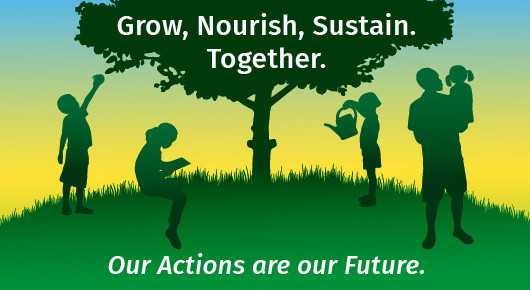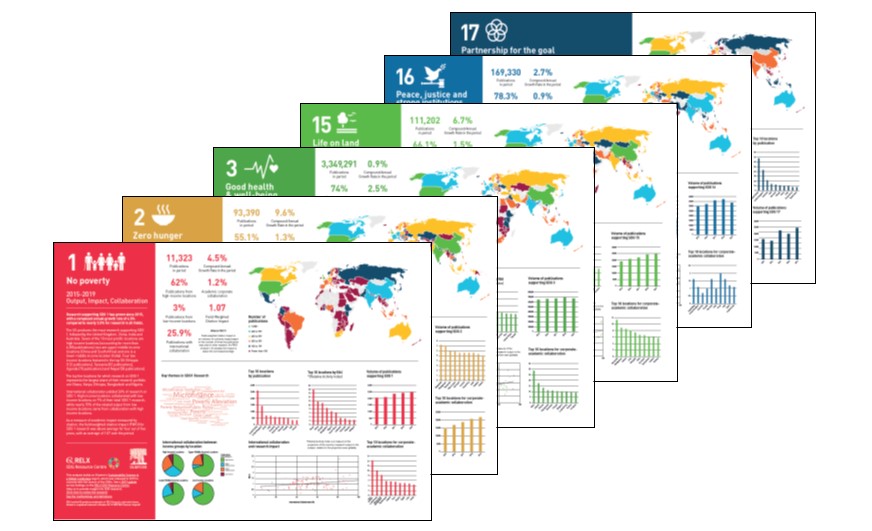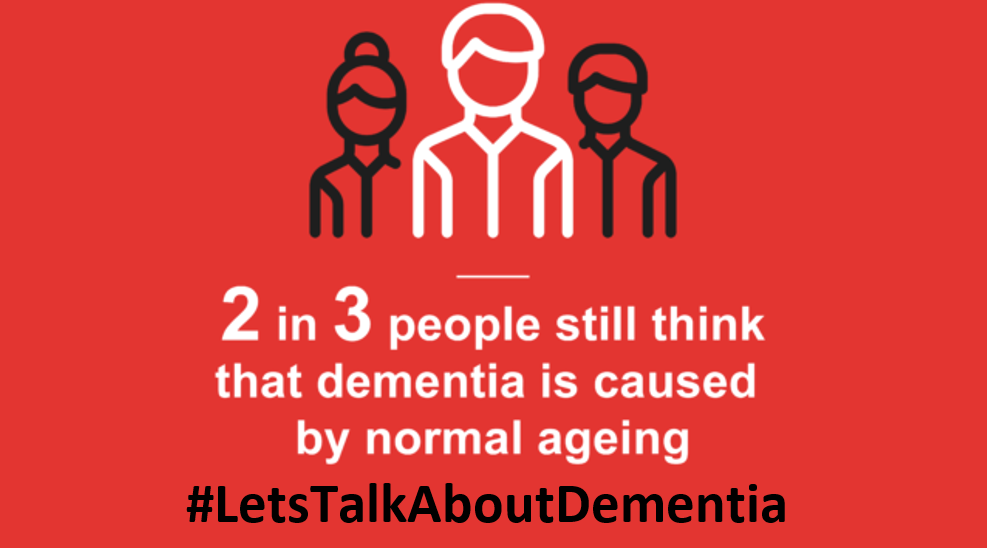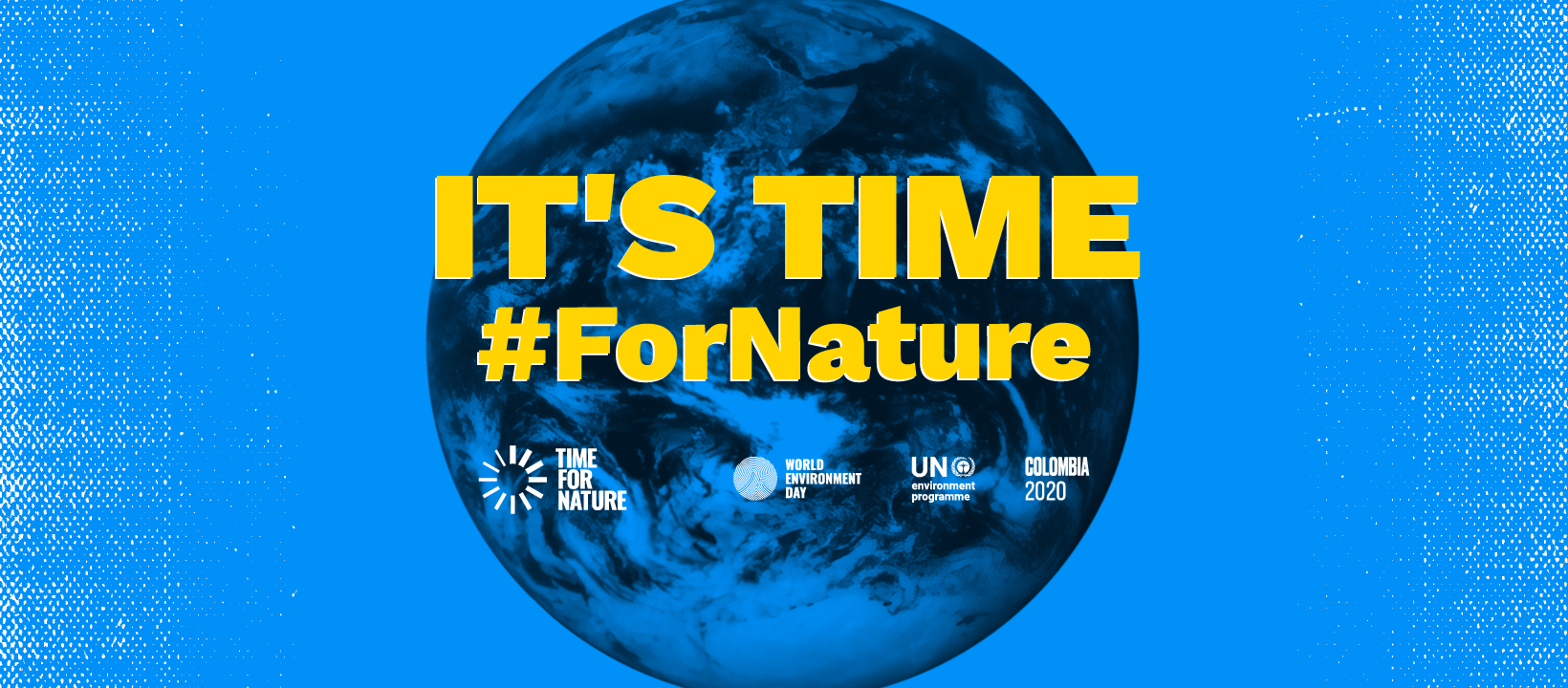13th November 2020
December 3rd is the International Day of People With Disabilities (IDPWD). In support of this year's theme - 'Not all Disabilities are Visible' - Elsevier presents presents a curated, open access collection of over 50 journal articles and book chapters focused on spreading awareness and understanding of disabilities, many of which are not immediately apparent. This includes mental illness, chronic pain or fatigue, brain injuries, neurological disorders, learning differences and cognitive dysfunctions, among others.
23rd November 2020
2nd October 2020
25th September 2020
September 2020
Over the past five years, we have used data and analytics to help the research and healthcare communities navigate the sea of research and to put collaboration, both interdisciplinary and international, at the heart of scientific progress on the SDGs.
For the first time, we have published graphics covering all SDGs using data and insights from Scopus and SciVal. These graphics show key metrics for research output, collaboration and impact.
18th September 2020
23rd July 2020
The new 2030 sustainable development agenda is likely to dominate policy and academic debates at both national and international levels over next 15 years and beyond. It is, therefore, a crucial time to critically reflect how the SDGs are likely to shape - and be shaped by - the wider research community. Each peer-reviewed paper will address the common question of: “how is the SDG agenda influencing scholarly debates in different research areas, and vice-versa?”.
22nd June 2020
High-tech products like batteries and electronics contain a variety of valuable, scarce, and in some cases potentially harmful materials, but in only a few exceptional cases (such as lead-acid batteries) is the material being recovered efficiently. Cotributing to SDGs 7, 9 and 12, this special issue seeks to elucidate the technical and institutional difficulties inherent in recycling these products and provide a forum for sharing potential ways to overcome them.
June 2020
World Environment Day is the most renowned day for environmental action. Since 1974, it has been celebrated every year on June 5th, engaging governments, businesses, celebrities and citizens to focus their efforts on a pressing environmental issue. In 2020, the theme is biodiversity, a concern that is both urgent and existential. Recent events, from bushfires in Brazil, the United States and Australia, to locust infestations across East Africa – and now, a global disease pandemic – demonstrate the interdependence of humans and the webs of life in which they exist.






